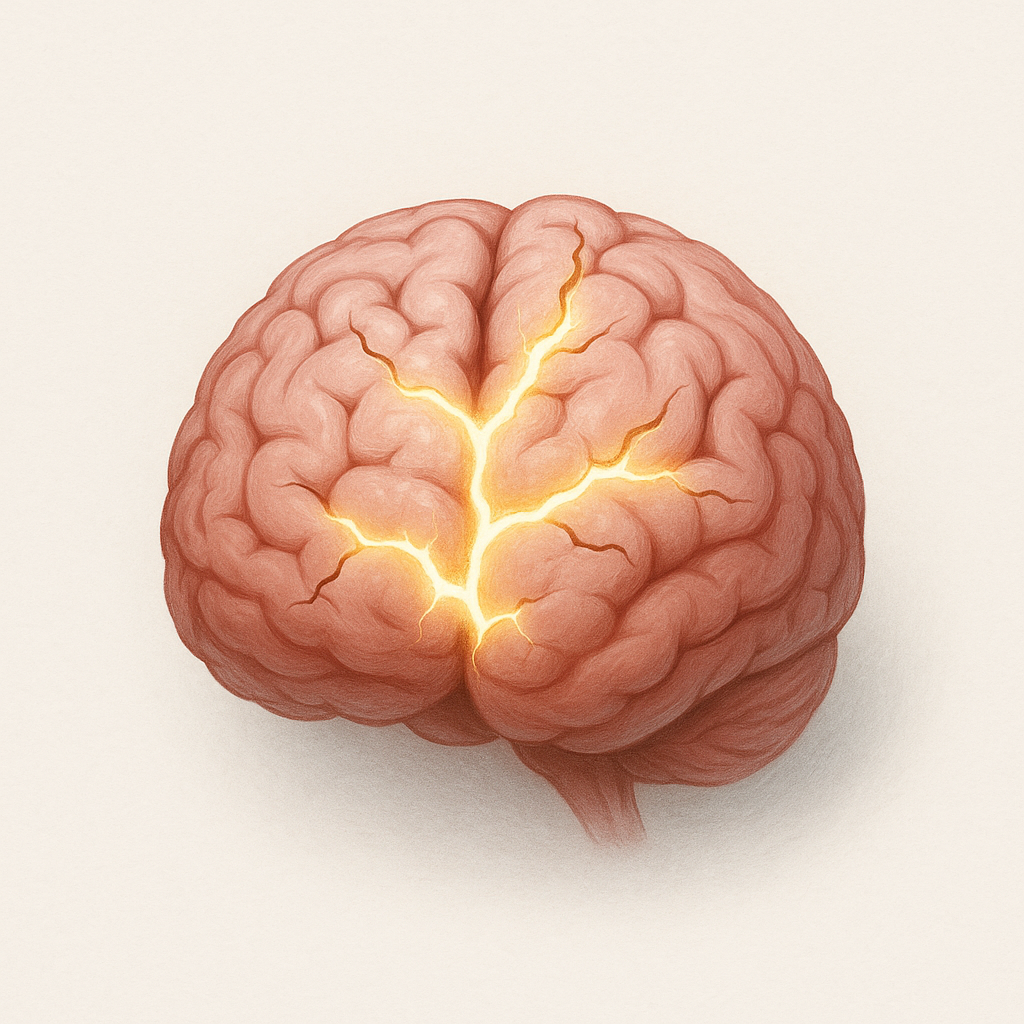Burnout recovery routines are more important today than ever before Burnout isn’t just about feeling tired — it’s a full-body, mind, and soul exhaustion that sneaks up on millions of us today.
From endless to-do lists to non-stop digital noise, modern life makes it almost impossible to stay energized.
But the good news? Intentional routines can be a powerful weapon for healing and rebuilding mental resilience.
In this guide, you’ll discover simple yet transformative routines that can help you reset, recharge, and reclaim your well-being.
Building strong burnout recovery routines is the first and most powerful step toward lasting mental resilience.
Understanding Burnout and Its Impact
What Is Burnout?
Without effective burnout recovery routines, these symptoms can escalate into long-term mental health challenges. Burnout is a state of emotional, physical, and mental exhaustion caused by prolonged and excessive stress.
It often shows up as:
-
Feeling drained and unable to meet demands.
-
Increased feelings of cynicism or negativity.
- Reduced professional effectiveness.
According to the Mayo Clinic’s guide on burnout symptoms and prevention, recognizing the early signs of burnout is crucial for taking action with effective burnout recovery routines
How Burnout Affects Mental Health
Burnout doesn’t just drain your energy — it deeply affects your mind.
It can trigger anxiety, depression, lowered self-esteem, and even impact memory and concentration.
If ignored, it can spiral into long-term emotional and cognitive fatigue that affects every part of your life.
Practicing consistent burnout recovery routines is crucial to rebuilding emotional and cognitive health.
The Science Behind Routines and Mental Resilience
Why Routines Matter for Recovery
Our brains crave predictability and structure.
Establishing routines gives your mind “rest stops,” helping reduce decision fatigue, stress, and anxiety.
Small, consistent habits rewire your brain, reinforcing calm, confidence, and emotional strength.
Building Mental Resilience Through Consistency
Mental resilience isn’t something you’re born with — it’s built through daily emotional regulation practices.
The more you practice calming, grounding activities, the stronger and more adaptable your mind becomes over time.
Transformative Routines for Burnout Recovery
Morning Rituals for a Grounded Start
-
Mindful Meditation: Spend just 5 minutes breathing deeply and setting an intention for your day.
-
Positive Affirmations: Start your morning by affirming your strength and worth.
-
Gentle Stretching: Wake up your body with simple yoga or light exercises to stimulate circulation.
Midday Mental Reset Practices
-
Scheduled Breaks: Take 5–10 minutes every hour to move around or stretch.
-
Nature Walks: Even 10 minutes outdoors can lower cortisol (the stress hormone).
-
Gratitude Journaling: Jot down 3 things you’re grateful for to reframe your mindset.
-
Power Naps: A 20-minute nap can dramatically boost mood and focus.
If you’re looking for more ways to support your body’s natural healing process, you might enjoy our article on how intermittent fasting impacts your body.
Evening Wind-Down Strategies
-
Digital Detox: Power down screens at least an hour before bed to improve sleep quality.
-
Reflective Journaling: Write down the highs and lows of your day with kindness to yourself.
-
Relaxing Rituals: Drink calming herbal tea, listen to soft music, or read a non-stimulating book.
Mindset Shifts That Accelerate Recovery
From Productivity to Self-Compassion
Your value is not based on how much you produce.
Redefine success as taking care of your mind, body, and soul.
Treat yourself with the same kindness you offer others.
Setting Healthy Boundaries
Protecting your time and energy is vital for healing.
-
Say “no” to extra commitments.
-
Limit time with toxic people.
-
Prioritize spaces and activities that energize you.
Long-Term Strategies for Sustained Mental Health
Regular Check-Ins with Mental Health Professionals
Don’t wait for a crisis to ask for help.
-
Therapy, coaching, and support groups create powerful accountability and insight.
-
Preventive mental health care is just as important as treating burnout after it happens.
Building a Supportive Social Network
Surround yourself with uplifting, positive people.
Meaningful relationships and social connection are scientifically proven to boost resilience and happiness.
Lifelong Commitment to Self-Care
Self-care isn’t selfish — it’s essential maintenance.
Adjust your routines as life changes, and keep learning new strategies to stay balanced.
Conclusion
Burnout recovery doesn’t happen overnight, but small, intentional changes create massive transformation over time.
Start by building one new routine today, and watch your mental resilience grow stronger day by day.
You deserve a life full of energy, joy, and peace.
